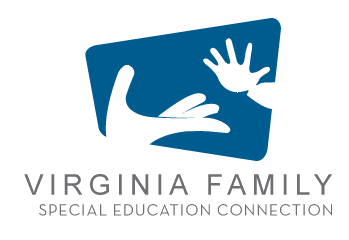2021 Required Revisions to Traumatic Brain Injury (TBI) in the Regulations Governing Special Education Services for Children with Disabilities in Virginia (Virginia Department of Education, VDOE)
Description:
Traumatic Brain Injury (TBI) Resources - “Traumatic brain injury” means an acquired injury to the brain caused by an external physical force or by other medical conditions, including stroke, anoxia, infectious disease, aneurysm, brain tumors, and neurological insults resulting from medical or surgical treatments, resulting in total or partial functional disability or psychosocial impairment, or both, that adversely affects a child's educational performance. Traumatic brain injury applies to open or closed head injuries resulting in impairments in one or more areas, such as cognition; language; memory; attention; reasoning; abstract thinking; judgment; problem-solving; sensory, perceptual, and motor abilities; psychosocial behavior; physical functions; information processing; and speech. Traumatic brain injury does not apply to brain injuries that are congenital or degenerative, or to brain injuries induced by birth trauma (34 CFR 300.8(c)(12)).
In 2021, the Virginia General Assembly passed several pieces of legislation that necessitated revisions to the Regulations Governing Special Education Programs for Children with Disabilities in Virginia (8 VAC 20-81-20 et seq.) (the Virginia Regulations). Accordingly, on September 23, 2021, the Virginia Board of Education approved the revisions to be effective November 24, 2021. The required revisions related to Traumatic Brain Injury (TBI) are summarized as follows:
The definition of “traumatic brain injury,” for the purpose of the provision of special education for children with disabilities, was amended to include an acquired injury to the brain caused by a medical condition, including stroke, anoxia, infectious disease, aneurysm, brain tumors, and neurological insults resulting from medical or surgical treatments.





